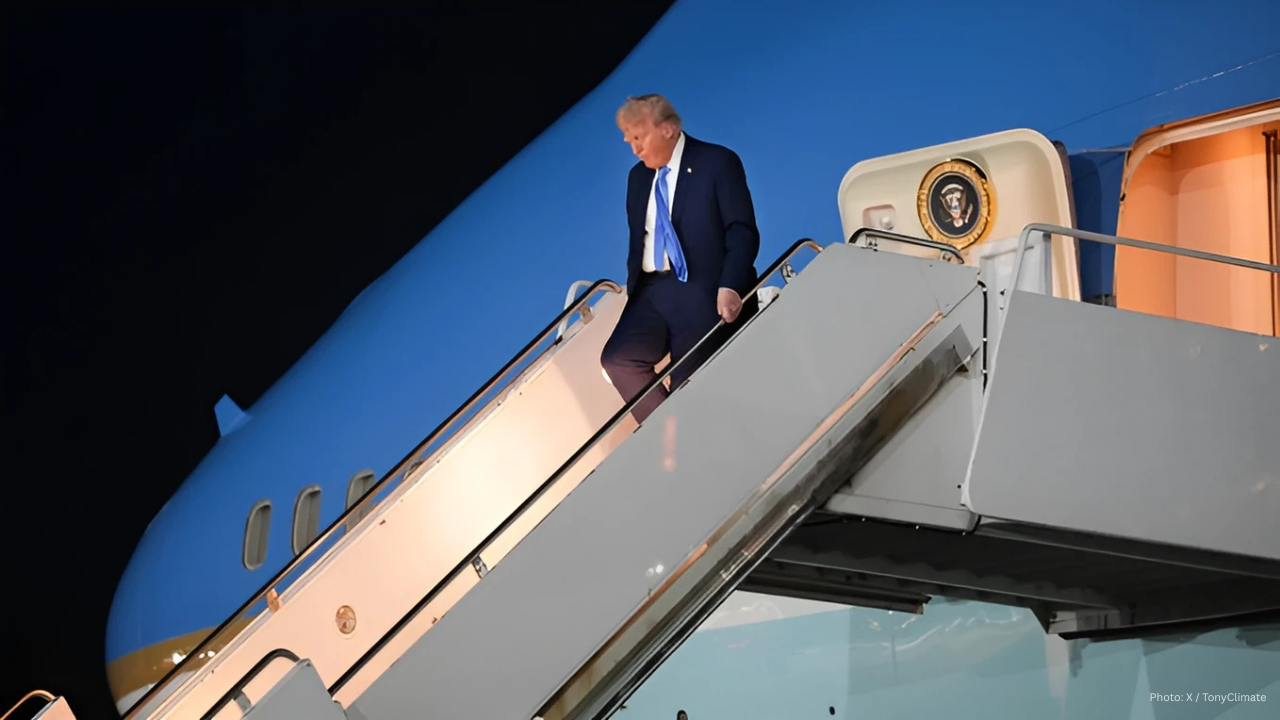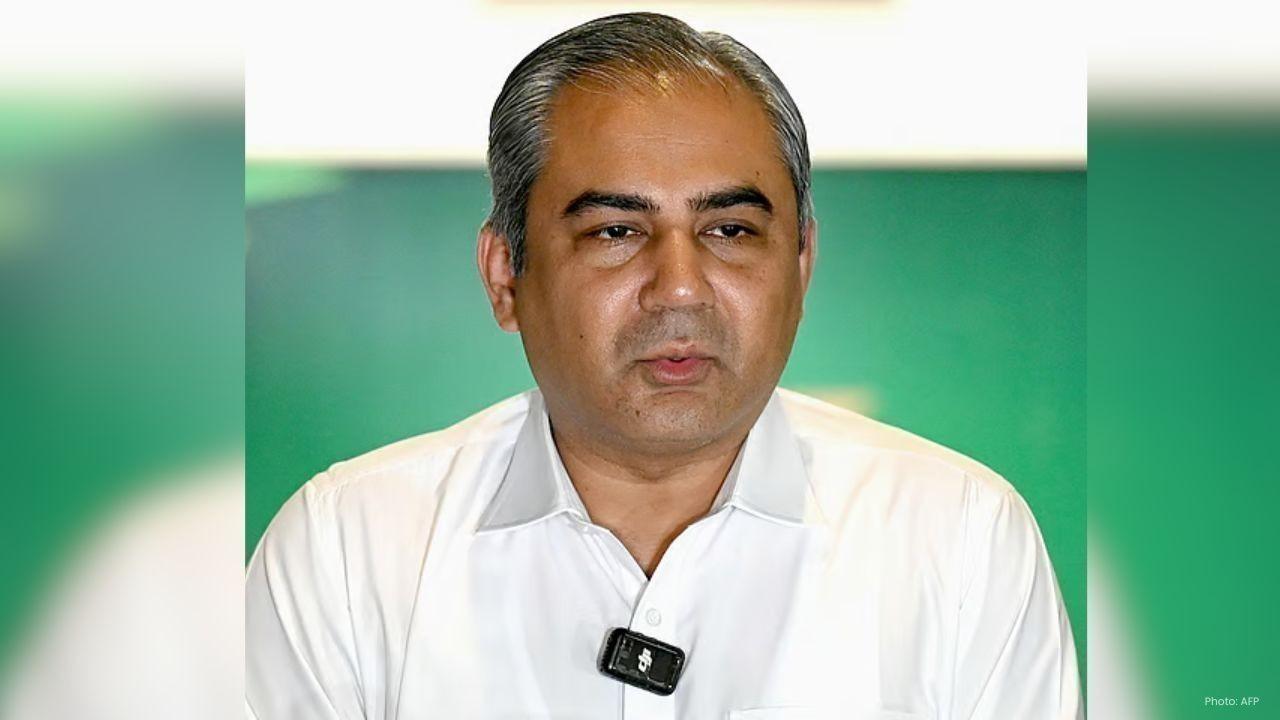
Post by : Naveen Mittal
At the United Nations General Assembly, President Donald Trump delivered a forceful rebuke of global climate efforts, calling climate change “the greatest con job ever perpetrated on the world.” He used his speech to challenge the scientific consensus, criticize renewable energy initiatives, and champion a return to fossil fuel dominance.
Trump didn’t hold back. He labeled predictions about rising temperatures and rising seas as exaggerated or politically motivated. He argued that those promoting climate policies are harming economies, especially in Europe, and warned that countries embracing green energy risk failure. His tone was both provocative and skeptical, signaling a sharp break from mainstream international climate dialogue.
A significant portion of Trump’s remarks targeted European nations. He criticized their decarbonization efforts, saying those policies have undermined their economies and reduced competitiveness. He accused Europe of being held back by their “green agenda,” and contrasted it with what he called America’s natural advantage in oil, gas, coal, and nuclear energy.
He also attacked solar and wind — describing them as inefficient, expensive, and unreliable. Trump claimed that investments in these technologies have failed to deliver promised returns and that their advocates are misleading the public.
Trump’s speech is part of a larger strategy: the United States formally withdrew from the Paris Agreement under his administration. This marks a second exit from the global accord, aligning the U.S. with only a few other nations outside the framework. His administration is aggressively advancing what it calls “energy dominance,” emphasizing fossil fuel production and deemphasizing green technologies.
Across the assembly hall, reactions were mixed but largely critical. Many diplomats and environmental advocates saw Trump’s remarks as contrary to overwhelming scientific consensus and global momentum toward climate action. Some leaders from nations vulnerable to climate disasters expressed dismay: they view such rhetoric as dismissive of their lived reality.
UN Secretary-General António Guterres has attempted to redirect focus toward clean energy transitions, noting that global investment in renewables recently hit record levels—far exceeding that flowing into fossil fuels.
The speech marks a further entrenchment of U.S. opposition to multilateral climate diplomacy.
Countries committed to climate goals may redouble efforts to isolate or counteract U.S. influence in global negotiations.
Domestically, climate policy under the current administration faces intense debate, especially as scientists, states, and businesses continue pushing for low-carbon strategies.
The gulf between U.S. federal policy and climate initiatives by states, cities, and private sectors is likely to widen.
In short: Trump’s address at the U.N. wasn’t just rhetoric — it was a clear declaration of an ideological shift in how the U.S. will engage (or disengage) from global climate governance.
Trump, climate change, United Nations, green energy, Paris Agreement, diplomacy










Sinner & Swiatek Shine at China Open: Semifinal Spots Secured
Jannik Sinner and Iga Swiatek advance to the semifinals at the China Open. Read about their victori

Michigan church attack kills 4, injures 8 in shocking violence
A gunman drove into a Michigan church, fired shots, set fire, killing 4 and injuring 8 before police

Moldova’s Pro-EU Party Secures Majority in Key Vote
Moldova’s pro-European PAS wins a strong majority in the parliamentary election, weakening pro-Russi

Gabriel’s late header gives Arsenal 2-1 win at Newcastle
Arsenal snatch dramatic 2-1 win at Newcastle as Gabriel heads the winner in stoppage time; Merino eq

Air France Flight 447 Trial Opens 16 Years After Tragic Crash
Sixteen years after the Air France Flight 447 crash, a trial opens against Air France and Airbus. Le

Europe close to Ryder Cup win after strong weekend play
Team Europe is on the verge of winning the Ryder Cup, showing great form in Italy and needing only a